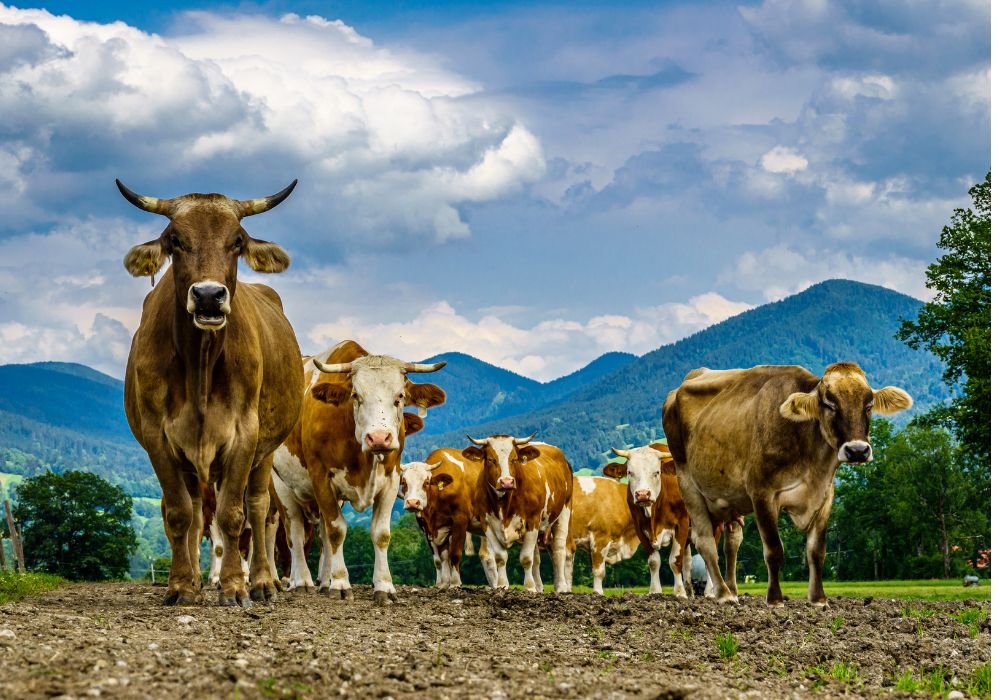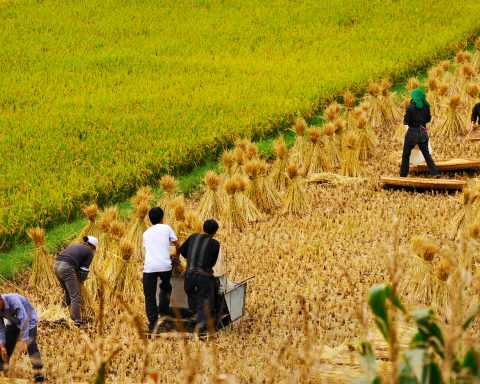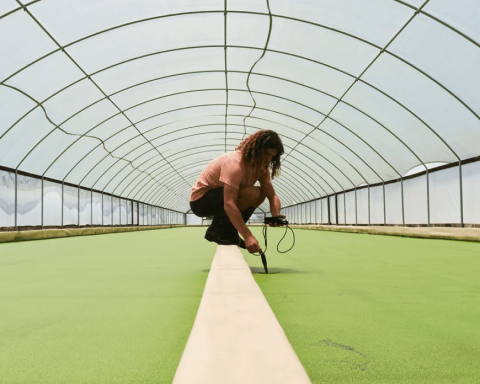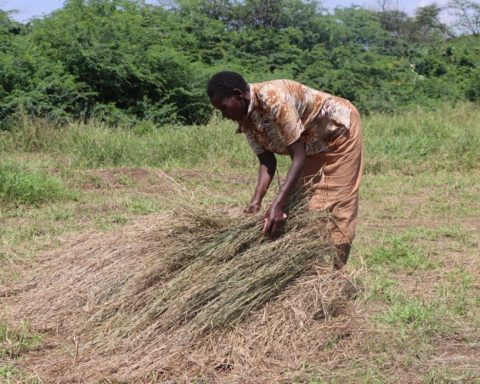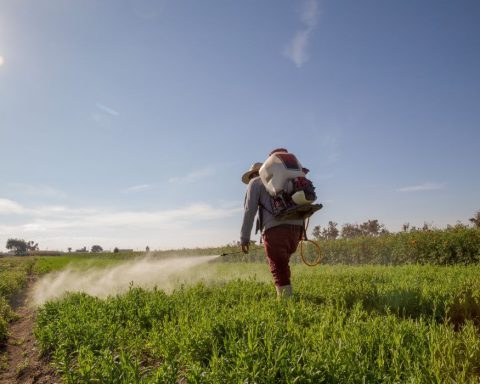North American meat and dairy companies have been hard at work in recent years, attempting to clean up their eco-image.
While environmental groups zero in on animal agriculture as a top driver of climate change, deforestation, biodiversity loss and ocean degradation, a growing number of consumers and governments have been demanding more from the sector to cut its carbon footprint.
However, most of the industry’s efforts so far appear to be focused on shifting messaging and undercutting climate policies rather than shifting practices.
Recent analysis by UK-based think tank InfluenceMap shows that the meat and dairy sector in the European Union is using much the same playbook used by Big Oil to chip away at climate policies. “The findings highlight that backsliding on climate and environmental policy in Europe cannot be explained solely by pressure from the farmers protests seen in recent months,” says the report, released in May. “In fact, years of the corporate meat and dairy sector’s strategic narrative building along with detailed policy engagement, both of which mirror fossil fuel industry tactics, have played a pivotal role.”
Researchers at InfluenceMap set out to understand the meat and dairy industry’s influence on the EU’s climate-related goals. They looked at 10 major corporations and five industry associations and how their advocacy affected six key EU policies aimed at tackling agriculture’s greenhouse gas emissions. The policies include a framework to transition Europeans to more sustainable diets and new rules around pollutants such as methane on European farms.
What they found was a concerted three-year campaign by the sector, aimed at subverting the EU’s efforts to reduce its environmental footprint and meet its net-zero targets. The strategic advocacy significantly influenced the trajectory of European policy-making around both the production and consumption of meat and dairy in the region, the authors found.
For example, the report notes, industry associations including the European Dairy Association, the European Livestock and Meat Trades Union, European Livestock Voice and others, were largely unsupportive of the EU’s Farm to Fork Strategy. The Farm to Fork strategy “should facilitate the shift towards sustainable diets, combining regulatory and non-regulatory initiatives necessary to secure a fair, healthy and environmentally friendly food system,” according to the report.
In fact, none of the industry associations analyzed for the report were shown to have engaged “positively” with those EU policies intended to help transition diets or reduce livestock emissions.
Industry associations also vigorously opposed these policies by using tactics reminiscent of fossil fuel lobbying, the report notes. “Both sectors employ similar misleading narratives through strategic public messaging to sow doubt and undermine the need to tackle GHG emissions from the meat and dairy sector.”
In particular, researchers highlighted two narratives: “emphasizing the importance of livestock for society; and distancing livestock from being viewed as a driver of climate change.” And it worked, according to the report, thanks to intense corporate lobbying from 2020 to 2023, with one-third of the examined policies significantly weakened and half of them stalled. Some of the key initiatives affected by these efforts include the Sustainable Food Systems Framework and revisions to the Industrial Emissions Directive, which regulates farm pollutants.
There was, however, a clear divide among companies (as opposed to industry associations). Consumer goods giants like Unilever and Nestlé showed more cooperative stances on the policies compared to meat and dairy producers such as Arla and Danish Crown. On Arla’s corporate website in May 2023, for example, “the company seemed to oppose the need for the transition of diets recommended by the [Intergovernmental Panel on Climate Change], suggesting that consumers become ‘confused’ regarding sustainable diets which leads them to deselect dairy products.”
Moreover, the meat and dairy industry’s advocacy also influenced political discourse, notably within the centre-right European People’s Party (the EPP, the largest party in the European Parliament, is European Commission President Ursula von der Leyen’s party), shaping its opposition to policies affecting dietary transitions and agricultural emissions reduction. By aligning with industry narratives, the EPP’s stance during 2022 and 2023 mirrored the interests of meat and dairy producers and their lobbying bodies, setting a tone for potential shifts in policy ahead of the 2024 EU elections.
InfluenceMap’s findings expose a sophisticated campaign by the meat and dairy sector to weaken EU climate policies.
“Following obstructive behavior from the industry, and the infiltration of industry narratives in the EU Parliament and EU Commission, policies that are fundamental to reducing GHG emissions in line with scientific advice have been significantly weakened or have stalled,” Venetia Roxburgh, EU program lead at InfluenceMap, said in a statement. “Without science-based policies tackling the sector, it does not seem likely that European agricultural GHG emissions will reduce in line with 1.5°C.”
Much like similar efforts made by these industries in North America, these tactics have reshaped the landscape of European environmental regulation, delaying and diluting crucial measures meant to help mitigate animal agriculture’s well-documented impact on climate and the environment.


